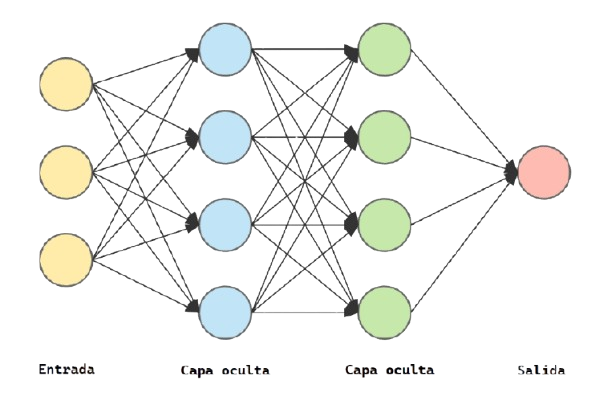Artificial intelligence is a “Scientific discipline that focuses on creating computer programs capable of performing operations comparable to those executed by the human mind, such as learning or logical reasoning.” (definition from the Royal Spanish Academy). In other words, any algorithm that imitates, to some extent, human reasoning or behaviors, thereby automating various procedures. This encompasses a wide range of software, including relatively simple algorithms. For instance, in a video game, there might be an NPC (non-player character) that can attack the player or assist them during their adventure. This NPC, by acting as an enemy or providing support, behaves as a human would, deciding on actions based on the situation's context, selecting attacks or assistance accordingly.
Although most things we use incorporate AI, such as YouTube's recommendation system, the most recognized today is the one trained with machine learning.
Machine learning is a field within AI focused on finding patterns in vast databases and making predictions based on these patterns. That's why the process of feeding databases or possibilities to the model and allowing it to identify these patterns is called “training.” Adjustments are made if necessary afterward. It operates using neural networks that, upon detecting patterns, interconnect multiple data sets, creating a sort of “decision tree” leading to the desired outcome.

Language models are the most recognized type of AI today, the first that comes to mind when discussing "artificial intelligence." By definition, these are “deep learning algorithms capable of recognizing, summarizing, translating, predicting, and generating text and other content based on knowledge derived from massive datasets.” In other words, they can communicate with words like a human due to their training. Examples include ChatGPT or Copilot.
In today's era, video games are becoming increasingly important and abundant. With this rise in popularity come higher prices for games, which many users are unwilling to pay. For this reason, most attempt to "crack" games, obtaining them illegally for free. To prevent this, DRMs were created. These are a set of technologies and methods designed to protect copyright and control access to and usage of digital content. For video games, their goal is to verify the authenticity of the license being used, preventing access if otherwise. This is achieved through "activation keys," unique codes owned by each individual that grant access to the game. Thus, various DRMs with different methods to prevent piracy emerged, with Denuvo being the most well-known.
